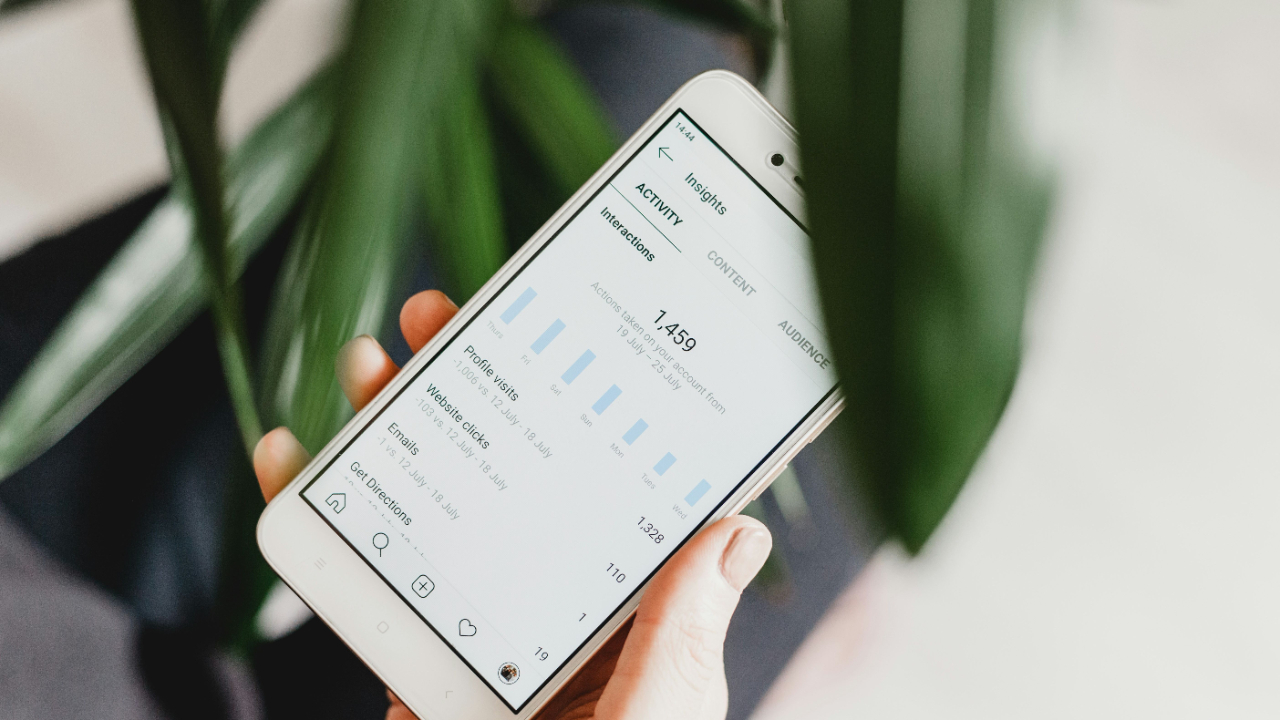
Wellness Advice on Social Media? Let’s Talk.
Wellness Advice on Social Media? Let’s Talk.
If you’ve ever found yourself deep in a scroll, hearing an influencer swear by a supplement or wellness hack that “changed their life”—you’re not alone. But a recent AP News piece is a great reminder that not all advice on social media is good advice. In fact, some of it could be downright misleading or even dangerous.
The article highlights a growing concern among medical experts: influencers are pushing supplements, detox kits, and biohacking tools with very little (if any) scientific backing. Some may have no formal training in health, but thanks to slick branding and a large following, they gain credibility—and consumer trust. The result? A booming $50 billion supplement industry, much of it unregulated.
Even when influencers cite “studies,” experts warn us to take a closer look. Many of those studies are either industry-funded, poorly designed, or taken completely out of context. What seems like solid advice may actually be cherry-picked data—or worse, marketing disguised as science.
As someone passionate about women’s health and evidence-based wellness, I always encourage a healthy dose of curiosity and skepticism. Is the person sharing this advice qualified? Are they selling a product? Do real, peer-reviewed studies back up their claims? These are questions worth asking before you buy that supplement or try that new cleanse.
Your wellness deserves more than what fits in a 60-second Reel.
Citation: Associated Press. Wellness influencers are giving medical advice – and it’s making doctors nervous. March 28, 2025. https://apnews.com/article/wellness-advice-social-media-influencers-supplements-cf040ff9a3f2f3d8e759a8333747fa91
Wellness Advice on Social Media? Let’s Talk.
If you’ve ever found yourself deep in a scroll, hearing an influencer swear by a supplement or wellness hack that “changed their life”—you’re not alone. But a recent AP News piece is a great reminder that not all advice on social media is good advice. In fact, some of it could be downright misleading or even dangerous.
The article highlights a growing concern among medical experts: influencers are pushing supplements, detox kits, and biohacking tools with very little (if any) scientific backing. Some may have no formal training in health, but thanks to slick branding and a large following, they gain credibility—and consumer trust. The result? A booming $50 billion supplement industry, much of it unregulated.
Even when influencers cite “studies,” experts warn us to take a closer look. Many of those studies are either industry-funded, poorly designed, or taken completely out of context. What seems like solid advice may actually be cherry-picked data—or worse, marketing disguised as science.
As someone passionate about women’s health and evidence-based wellness, I always encourage a healthy dose of curiosity and skepticism. Is the person sharing this advice qualified? Are they selling a product? Do real, peer-reviewed studies back up their claims? These are questions worth asking before you buy that supplement or try that new cleanse.
Your wellness deserves more than what fits in a 60-second Reel.
Citation: Associated Press. Wellness influencers are giving medical advice – and it’s making doctors nervous. March 28, 2025. https://apnews.com/article/wellness-advice-social-media-influencers-supplements-cf040ff9a3f2f3d8e759a8333747fa91
